
 The SFFaudio Podcast #334 – The Birth-Mark by Nathaniel Hawthorne; read by Fred Heimbaugh. This is an unabridged reading of the story (50 minutes) followed by a discussion of it. Participants in the discussion include Jesse and Fred.
The SFFaudio Podcast #334 – The Birth-Mark by Nathaniel Hawthorne; read by Fred Heimbaugh. This is an unabridged reading of the story (50 minutes) followed by a discussion of it. Participants in the discussion include Jesse and Fred.
Talked about on today’s show:
The Pioneer, March 1843, a Hawthorne Poe fest, contemporaries, The Scarlet Letter, a quote by Poe about Hawthorne, the CBS Radio Mystery Theater, well known?, why this story Fred?, he’s obsessed with sin, sociopaths, trigger warnings, neurosis, shame, luck, shaped by sin, a mark upon the family, subconscious Freudian messages, Commentary Magazine, Why College Kids Are Avoiding the Study of Literature by Gary Saul Morson, textual density, vocab, Lovecraft poems, Fungi From Yuggoth poems, harbours, kids are now shuttled between school the home and the mall, ranting against Hawthorne, The House Of The Seven Gables, revolutions in 20th century literature, Ernest Hemingway, the show don’t tell revolution, Hawthorne is the telling-est teller who ever telled, the right attitude toward sin, the two facedness of people, Hawthorne is attacking late stage decadent Puritanism, a homosexual vibe, what is the lesson?, science reaches too far?, Gothic horror, the evil wizard or the mad scientist, science as the channel to unlimited power, elixirs, potions, not even futuristic, Georgiana, Aminadab?, where is this story set?, Aylmer’s castle, Aylmer’s wealth, a compartmentalized life, from the third person POV, the host narration, obsession, the left side, the sinister side, she’s been marked, in the dream, chemical means, pre-Darwin, “I’ve got these old books”, Mary Shelley’s Frankenstein, a natural philosopher, science vs. alchemy vs. magic, Isaac Newton, almost as if he was Ben Franklin, electricity, many suitors, Aylmer’s wooing, is Aylmer gaslighting Georgiana?, she’s reading, a Medieval heroine, a character of of Greek mythology, is a sex-change story?, is this a boob-job story?, envy, the tips of two small fingers, she’s compared to a marble statue, small pox scars, Marilyn Monroe‘s beauty mark, does positioning matter?, Supernatural Horror And Literature by H.P. Lovecraft, a meditation on obsession, many uninteresting analysis, so little action, beyond the sexual interpretation, Hawthorne doesn’t seem all that prudish, how far can you go in purist of perfection in a fallen world, a mark of original sin, wanting knowledge (of good and evil?), the sin of disobedience, Frankenstein and Aylmer are reading the same books, the process of creating a man in Frankenstein, the lightning bolt, Luigi Galvani, grave-robbing, Paracelsus, the gold thing is your way of getting funding, when writing a grant…, this might lead to a cure for cancer(!), alchemy as a religion, The Cask Of Amontillado, Eric S. Rabkin, “the niter, it grows”, Montresor or Fortunato, niter, growing human shaped things inside of bottles, poisons, psychology and the occult, the difference between alchemy and science is openness, the Royal Society, Harry Potter’s school, there have to be muggles, magically oblivious, J.K. Rowling, natural greed, the ethic of sharing knowledge, France’s version of the Royal Society, like the obsession with “open source” or the “public domain”, The Oval Portrait by Edgar Allan Poe, sooo lifelike, sooo beautifully painted, Gothic horror, the evil mad scientist is destroyed by the power he unleashes, The Portrait Of Dorian Gray by Oscar Wilde, the ending, what is Hawthorne saying?, was Aylmer’s attempt doomed from the beginning?, Jesse’s mom, one of the most important powers of a teacher, she has “THE VOICE”, Muad’dib (Paul Atredies), Steve Jobs’ reality distortion field, a profound revelation, philosophy and critical thinking, vitamins are bullshit, fish oil woke Fred’s brain, North America has the world’s most expensive urine, religion wants you to take it on authority, bronze age holy texts, religion as book club where you only ever read one book (or just listen to a guy who did), cynicism or wisdom, loyalty to the organized religion of your family, inherited religions, fundamentalist belief systems, the narcissism of small differences, splintering, revolting revolutionaries, purity of doctrine, young earth creationists, Catholicism as an almost ethnicity (an identity), Hawthorne as a stopgap between H.G. Wells and Mary Shelley, the murky origins of Science Fiction, Dante, Lucifer frozen in the ice, a Gothic ghost story, Frankenstein’s obsession is with defeating death, too in love with science, Hawthorne’s message is like: “don’t drink too much”, Greek symposia, what really happened at a Greek symposium, “write drunk and edit sober”, The Odyssey, mixing water with wine, getting plastered is a sign on unmanning, the Greek obsession was with finding the moderation between too little and too much, what was Hephzibah’s sin?, her sin is being too worried about sin, “you will eat blood”, public shaming is a little much, be moderate with your casting of sin, John Wesley, a healthy functioning society, wealth corruption, falling into decadence, the protestant work ethic is kicking-in, Guggenheim, ransoming the grandchild, leaving it all to art, Andrew Carnegie, John D. Rockefeller, Fred’s all time favourite Science Fiction novel: The Diamond Age by Neal Stephenson, how do we raise the next generation?, a supercharged Kindle, matter compilers, Star Trek‘s replicator, eating green sludge, window panes made out of pure diamond, handmade hipsters, how you raise the next generation in a wealthy society, we are unimaginably wealthy, are Japan’s young people uninterested in sex?, Richard Dawkins on Twitter, The Last Question by Isaac Asimov, Gothic-y, Science-y, Microcosmic God by Theodore Sturgeon, a great inventor, Neoterics, he’s stealing their ideas, the ultimate mad scientist story, following in the tradition, somatoypes, ectomorph (Aylmer), mesomorph (Aminidab), endomorph (Jesse), it’s a scam!, Hillary Clinton, the Ronald Reagans of the world, this is astrology, people think that once you’ve got a word for something you understand it, wearing the mask long enough…, IQ tests, quantification, any time we think we understand the most complex thing in the universe…, there really is a subconscious, tweeting dreams, psychology, the book club with only one book in it, The Great Courses (The Teaching Company), Eric S. Rabkin, survey courses, kooky specializations, the best way to learn, the perennial student, taught not to learn, philosophy of art, credentialism, Jesse can guess the exact words in a student’s vocabulary, guess your weight or age, how Jesse gets work, gaming credentialism, no high school diploma, a contempt for institutionalized learning, a play-by-the-rules personality, grade inflation, what did Mussolini do?, intimidation vs. cultivation, give the students the experience of reading, reading as a meeting of minds, defending a dissertation, essays, we’re obsessed with essays (for the wrong reason), ohhh spoilers!, the big problem with almost any media, “I don’t want to spoil it for you.”, testing is easier, a kind of objectivity, don’t blame the actors for shitty Hollywood movies, status is society, education as the cultivation of minds, there aren’t enough people who are willing to rebel!


Posted by Jesse Willis

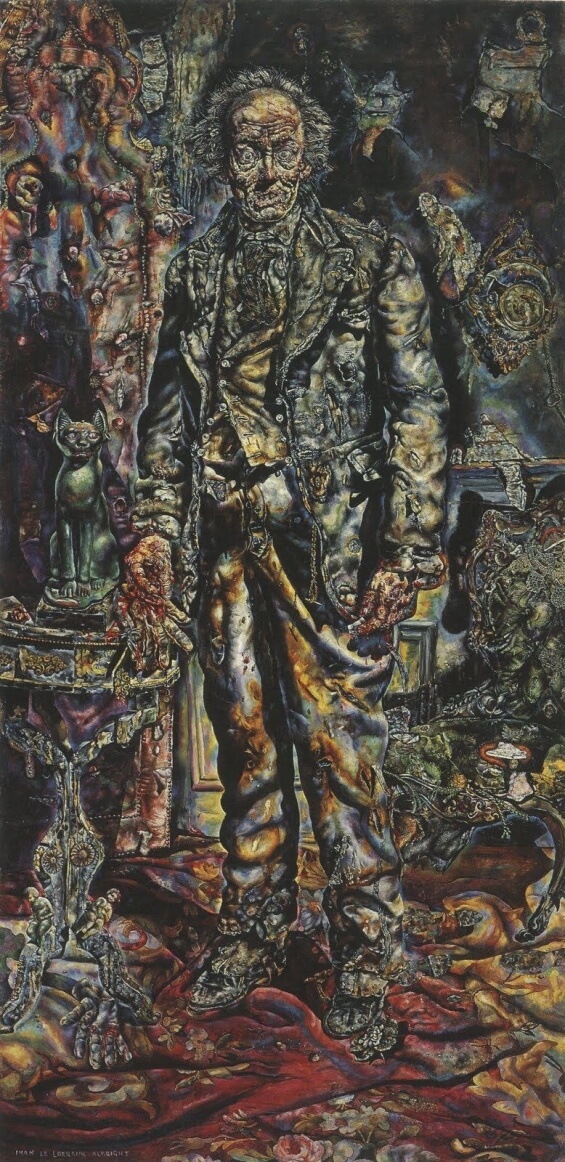
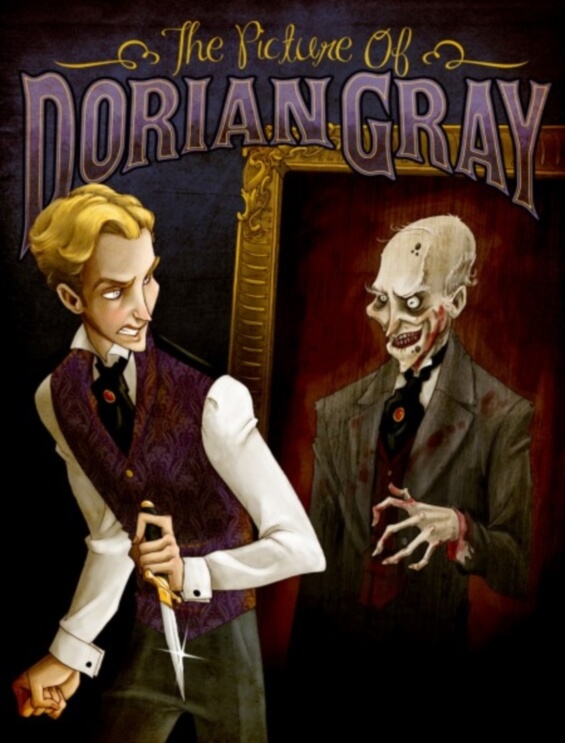

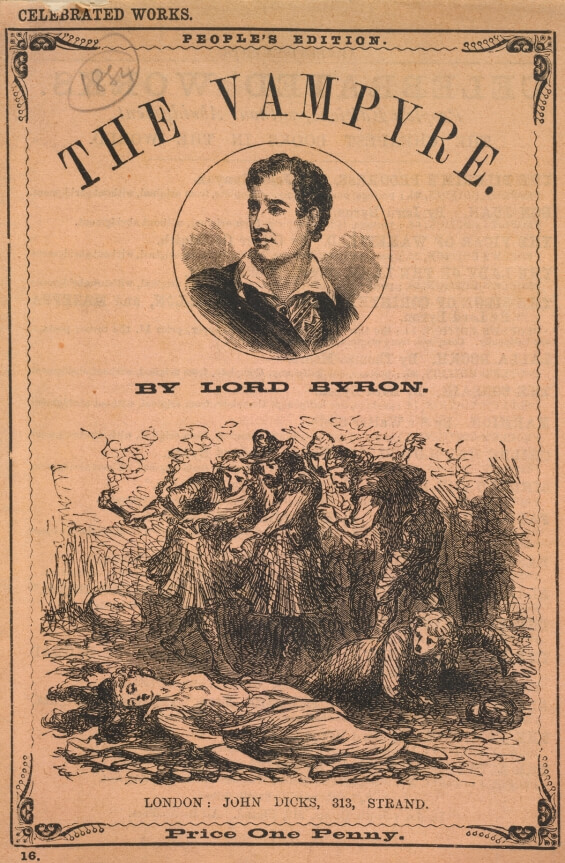
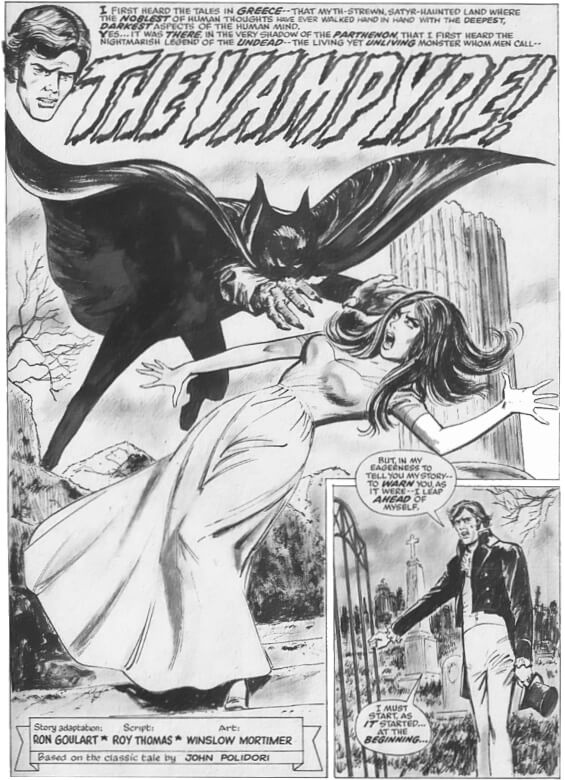
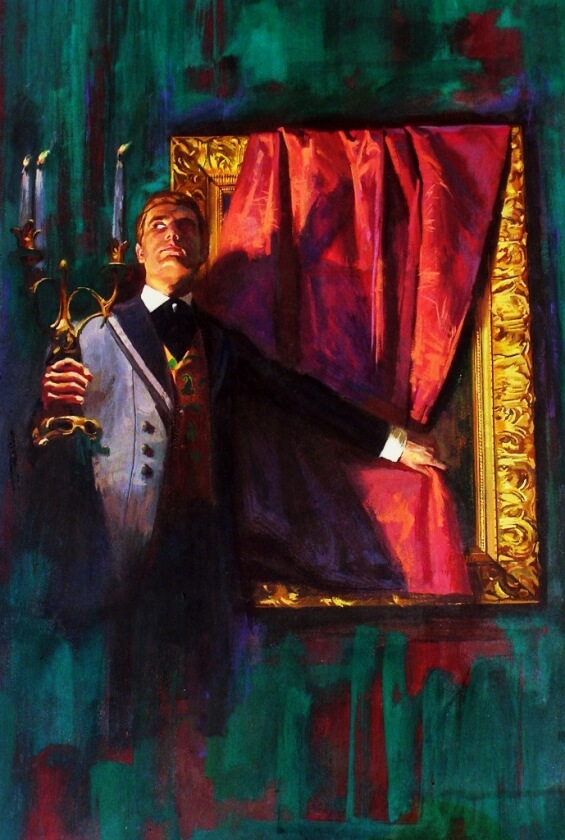

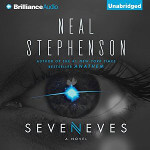 Seveneves
Seveneves 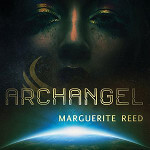 Archangel (Book One of the Chronicles of Ubastis)
Archangel (Book One of the Chronicles of Ubastis)